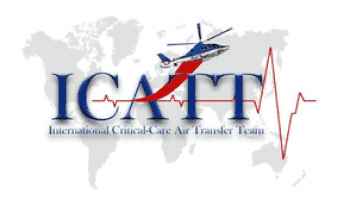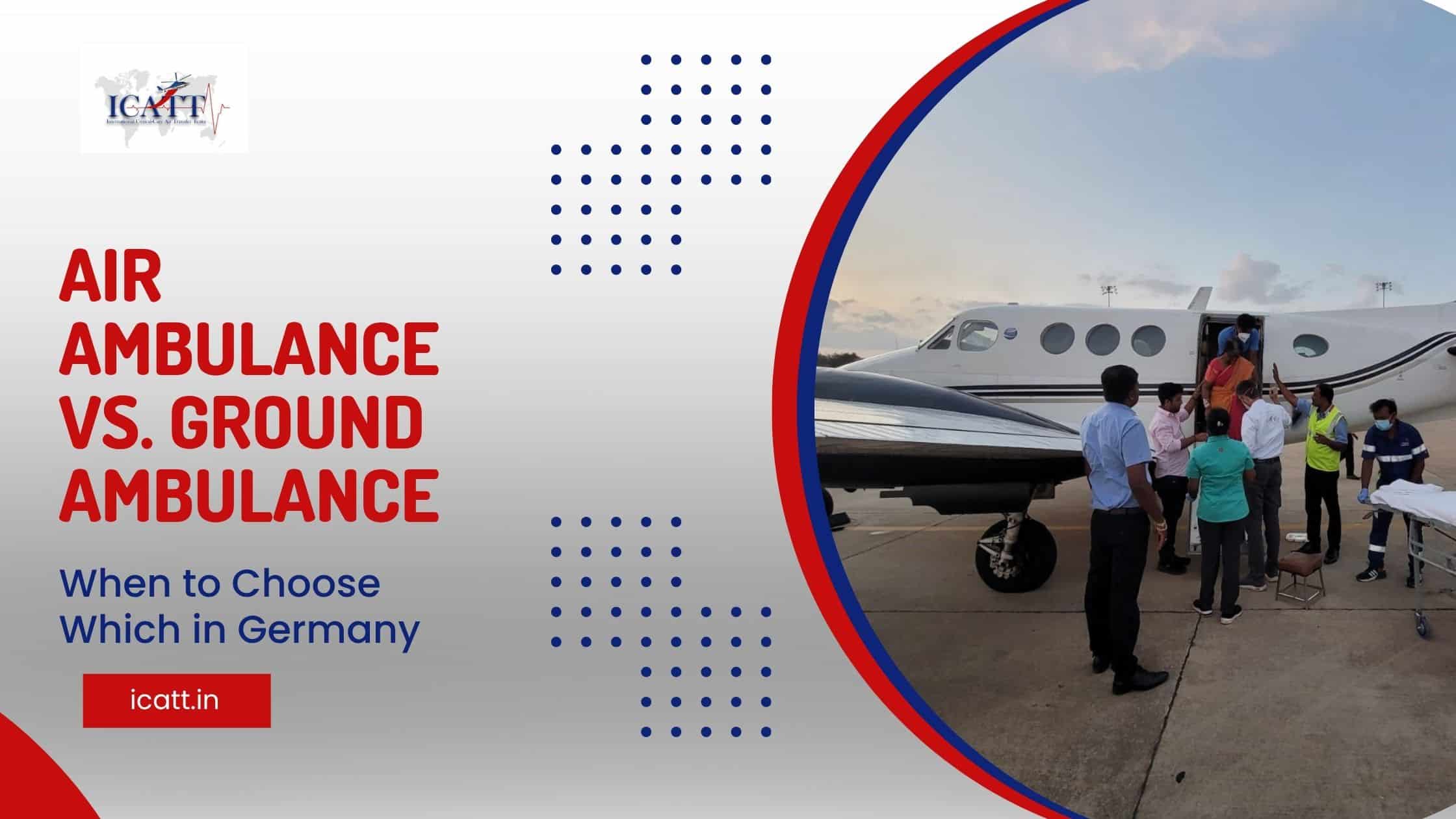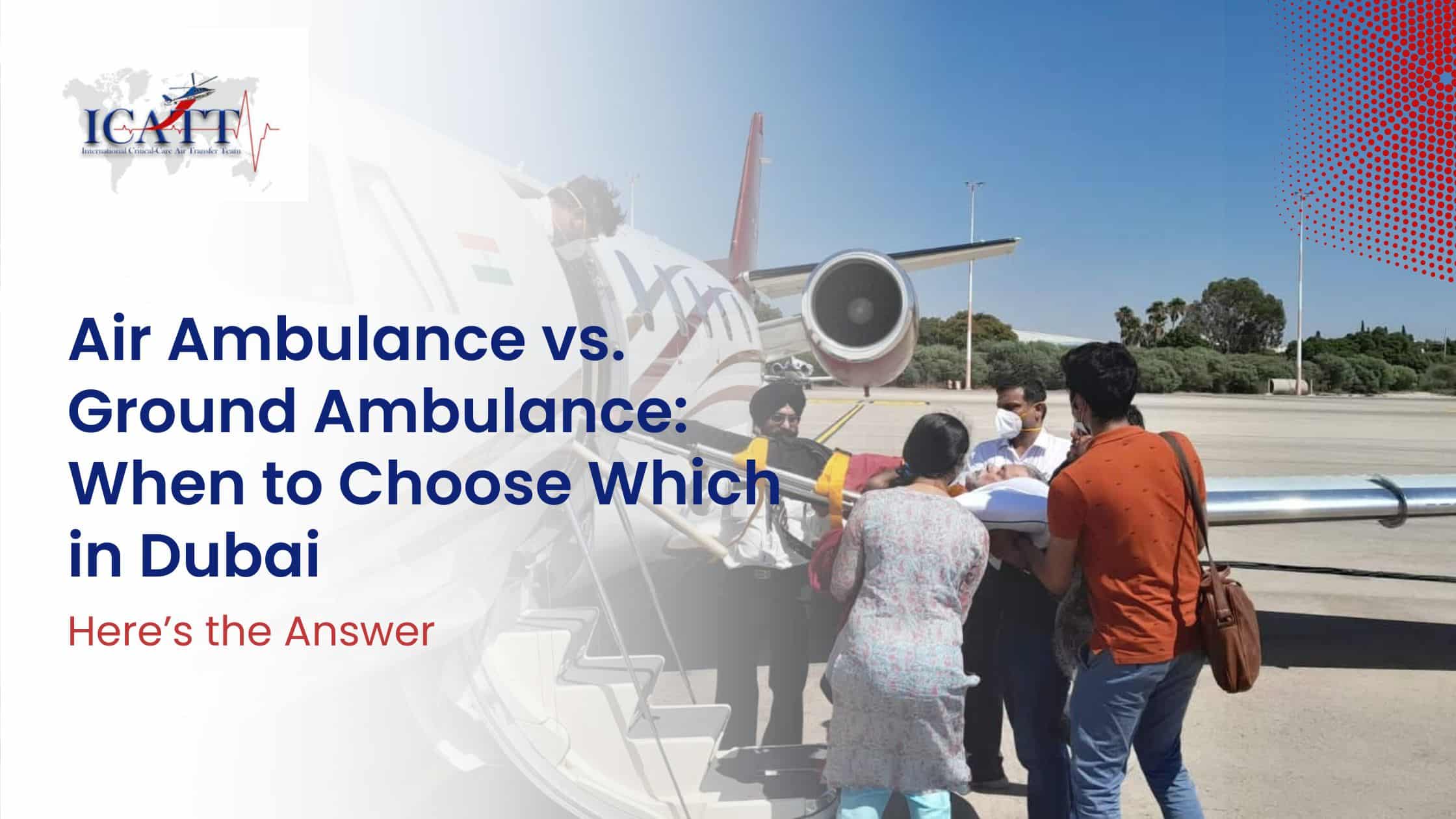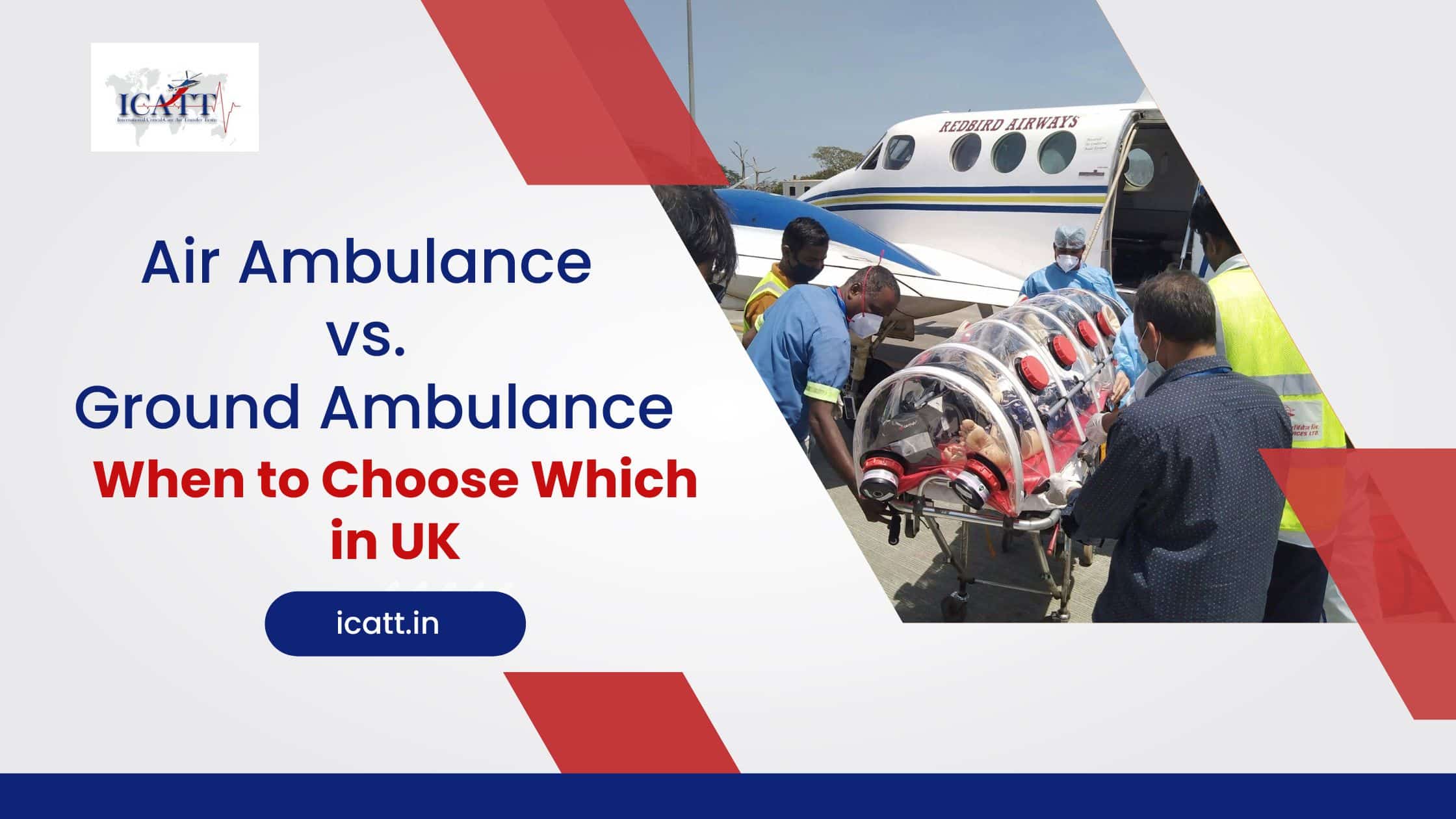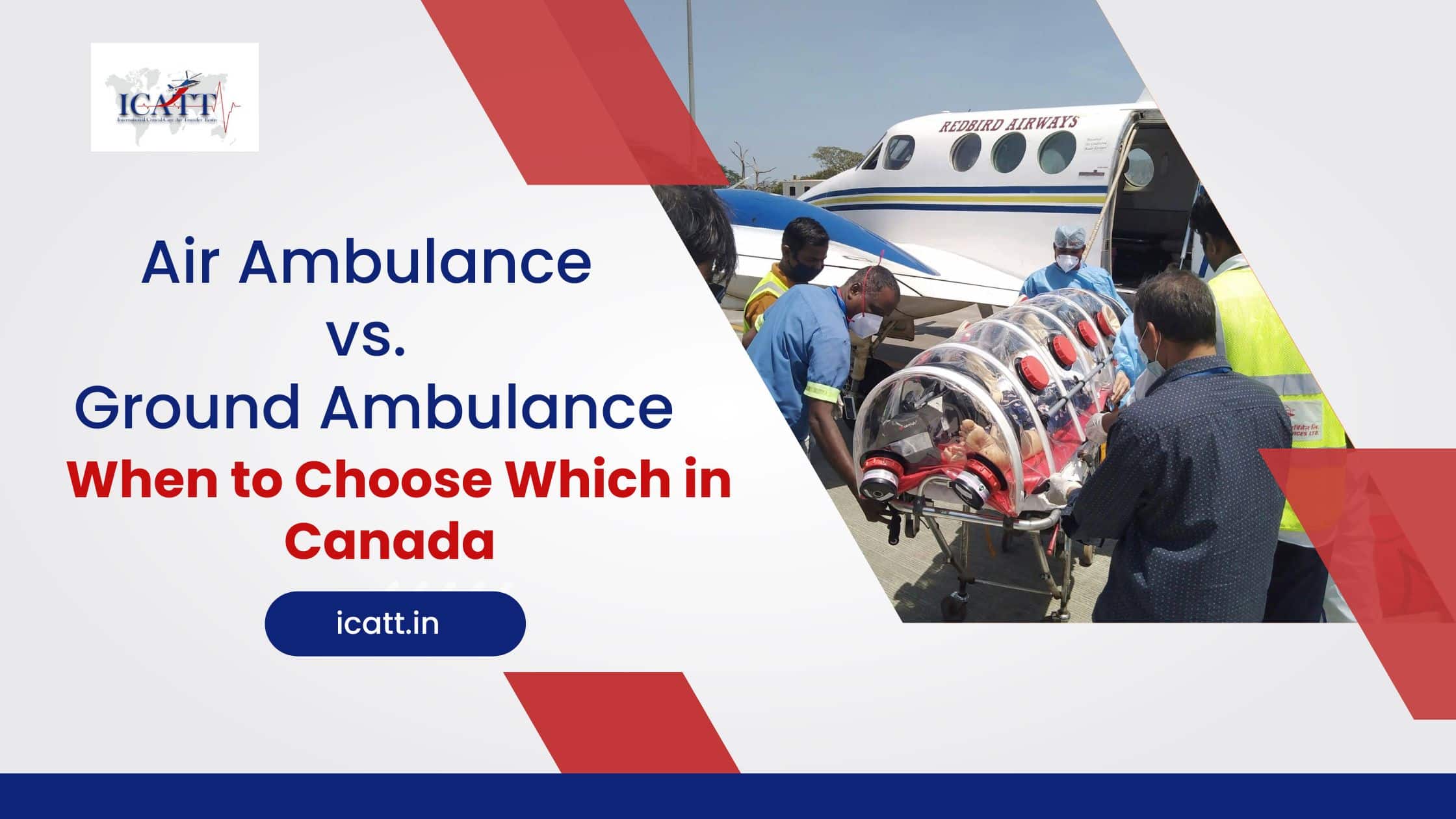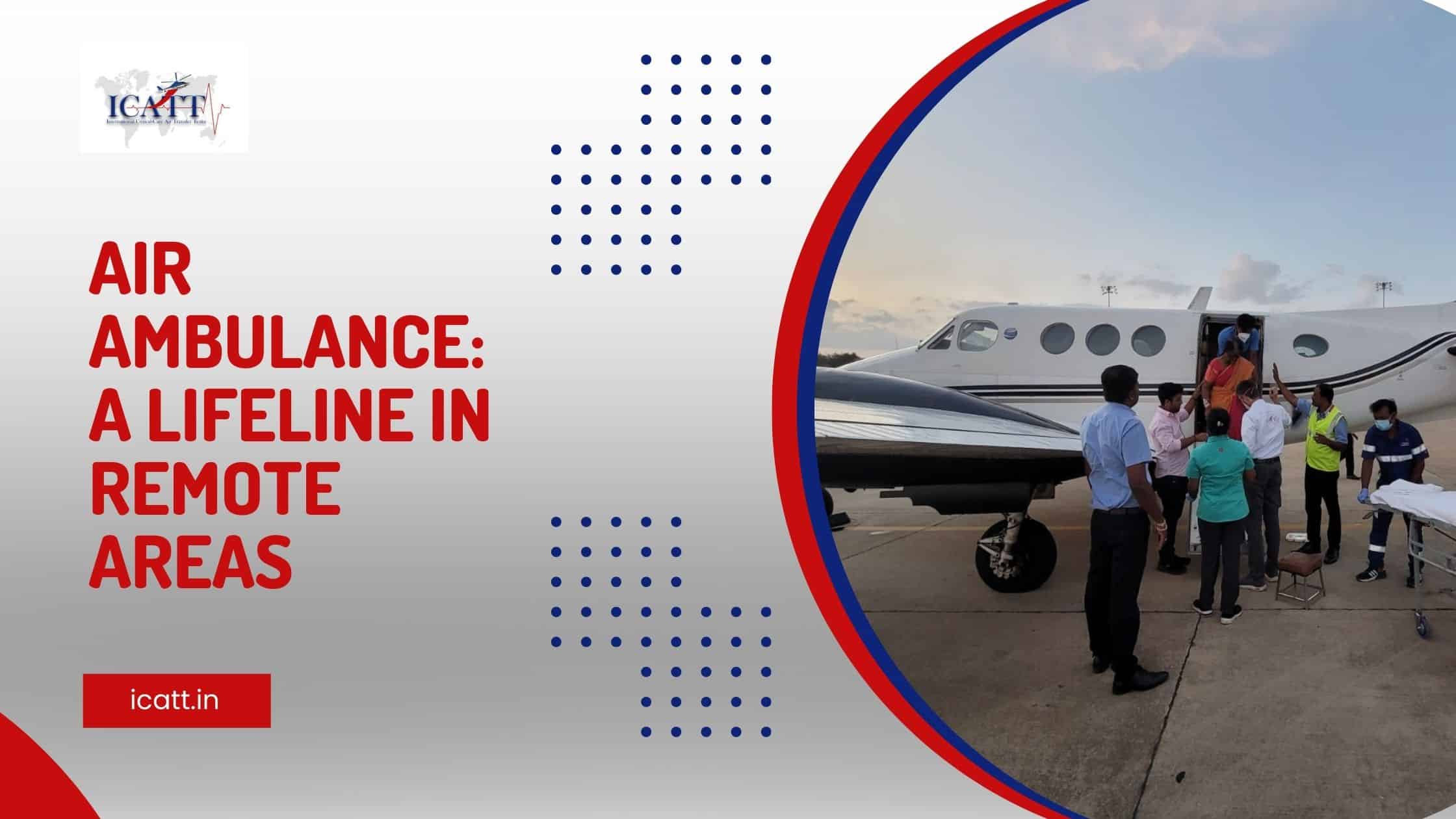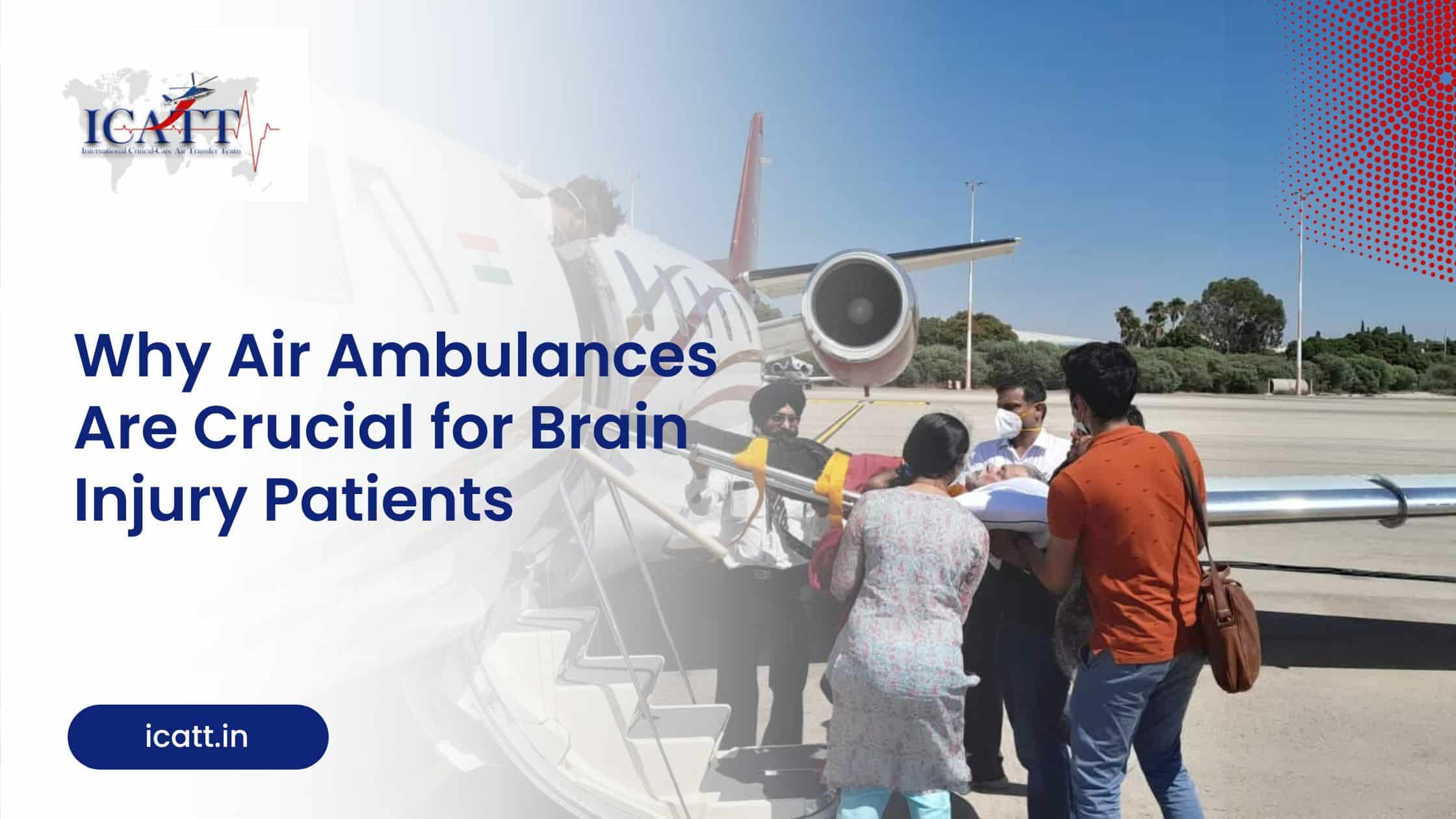Air ambulance service as a business faces many challenges. As a result of the operational difficulties due to COVID, ICATT Air Ambulance is focussing its direct efforts to enable ICATT to resume air operations; and acquire appropriate personal protective equipment.
In this blog, we want to highlight the hard work, tremendous progress, and excellent collaboration between ICATT and its partners.
Challenges in front of ICATT
Providing 24-hour air ambulance services
Lack of response to emergencies can cause negative public perception for our organisation. To ensure that air ambulance services are available throughout the year, arrangements must be made available in all weather conditions. In addition, medical staff must be on standby at all times.
Acquire an air ambulance fleet and retain well-trained personnel during COVID situations
The air ambulance industry requires experienced and qualified professionals to treat new viruses, and it isn’t easy to find a personnel who meet this standard. In addition, there is the issue of continuous staff training. A certified training organisation must be involved to meet this challenge. Lack of constant training will significantly affect the quality of service.
Modifications to aircraft, communication systems and crew personal protective equipment (PPE)
ICATT Air Ambulance is now developing a portfolio of solutions. These innovative developments include the isolation barrier used to manage the internal space of the helicopter, the use of a throat microphone that can be used with a face mask, and a safety helmet holder that allows the crew and medical personnel to wear a disposable full face mask.
Fitting a separation barrier German isopod on the aircraft

A separation barrier is currently being installed on our aircraft to separate the pilot from the patient/caregiver. The barrier will allow us to separate the cabin from the patient’s treatment and help protect patients, pilots and doctors. The German isopod was approved by the European Aviation Safety Agency and the British Civil Aviation Authority.
This is an excellent example of how the aviation industry and regulators can cooperate during this challenging time, and we thank everyone who participated in this new development.
New Helmets for the crew
When performing aerosol-generating procedures (AGP), integrated face masks are an essential part of PPE. An aviation helmet can be fitted and worn with a full face mask. This means that our crew members will be protected when performing AGP, such as CPR, intubation and other procedures to protect the patient’s airway, as suggested by the Public Health Department.
All these breakthrough developments show how the aviation industry can do this at a critical moment. We want to thank all participating companies for supporting this work and allowing timely and balanced judgments around this newly developed equipment. The net beneficiaries of all this great work will be our patients and our employees.
ICATT caregivers use Complete proper PPE
We are all increasingly aware of the importance of proper PPE to healthcare professionals. The supply of PPE keeps some members of our patient service team very busy. However, it is essential to get the right equipment for our colleagues; we also need to ensure that everyone is trained in the safe use of PPE and feel secure in this new way of working.
Personnel treating potential coronavirus patients must wear at least level 2 PPE at all times. Still, if medical staff perform aerosol-generating procedures (AGP), they should wear level 3 PPE. Both types of PPE involve protecting the respiratory tract/eyes/skin, But as the risk of infection increases, so does the need for more protection and improved PPE.

AGP is a medical technology that is more likely to produce airborne particles (which can travel a certain distance in the air and maybe inhaled) and requires close contact with the respiratory tract, which may increase the risk of virus transmission. AGP includes intubation, manual ventilation and open suction. Our caregivers most likely must perform these procedures.
Wearing personal protective equipment has many aspects that make the work of our caregivers difficult. Therefore, practical training is still vital to your daily work. First, you should practice the process of “putting on” Level 3 personal protective equipment: the method includes putting on work clothes, wearing a respirator and mask, and then putting on gloves. The process of “taking off” the PPE can be more challenging because you need to ensure that the device (which may have been infected while treating the patient) is carefully removed to avoid cross-contamination. Finally, one has to get used to performing procedures with equipment that restricts your movement and vision and may feel uncomfortable (it may be very hot to wear this type of PPE).
Therefore, their daily training in pre-hospital emergency medicine must now be carried out in a complete PPE to prepare for real-life events. Of course, you also need to simulate many procedures and evaluate and improve your processes to ensure they can be delivered safely and efficiently. Finally, we need a lot of hand sanitiser!
Conclusion:
These new operating standards have brought additional pressure to the working environment of our nursing staff, and this job is already demanding. We provide the necessary PPE to our caregivers. ICATT Air Ambulance’s work is focused on what we can do to protect patients and staff in the pre-hospital environment.
ICATT Air Ambulance nurses are well-trained doctors whose experience can provide many benefits for patients who need additional intervention and ventilatory support when transferring from one hospital to another. In addition, our staff are currently undergoing training with other intensive care specialists to help us build response and resilience to the coronavirus pandemic across the region. Contact ICATT air ambulance for more information at +91-9701111156.
